Why is Julian Assange in court again – and what might happen if he’s extradited to the US?
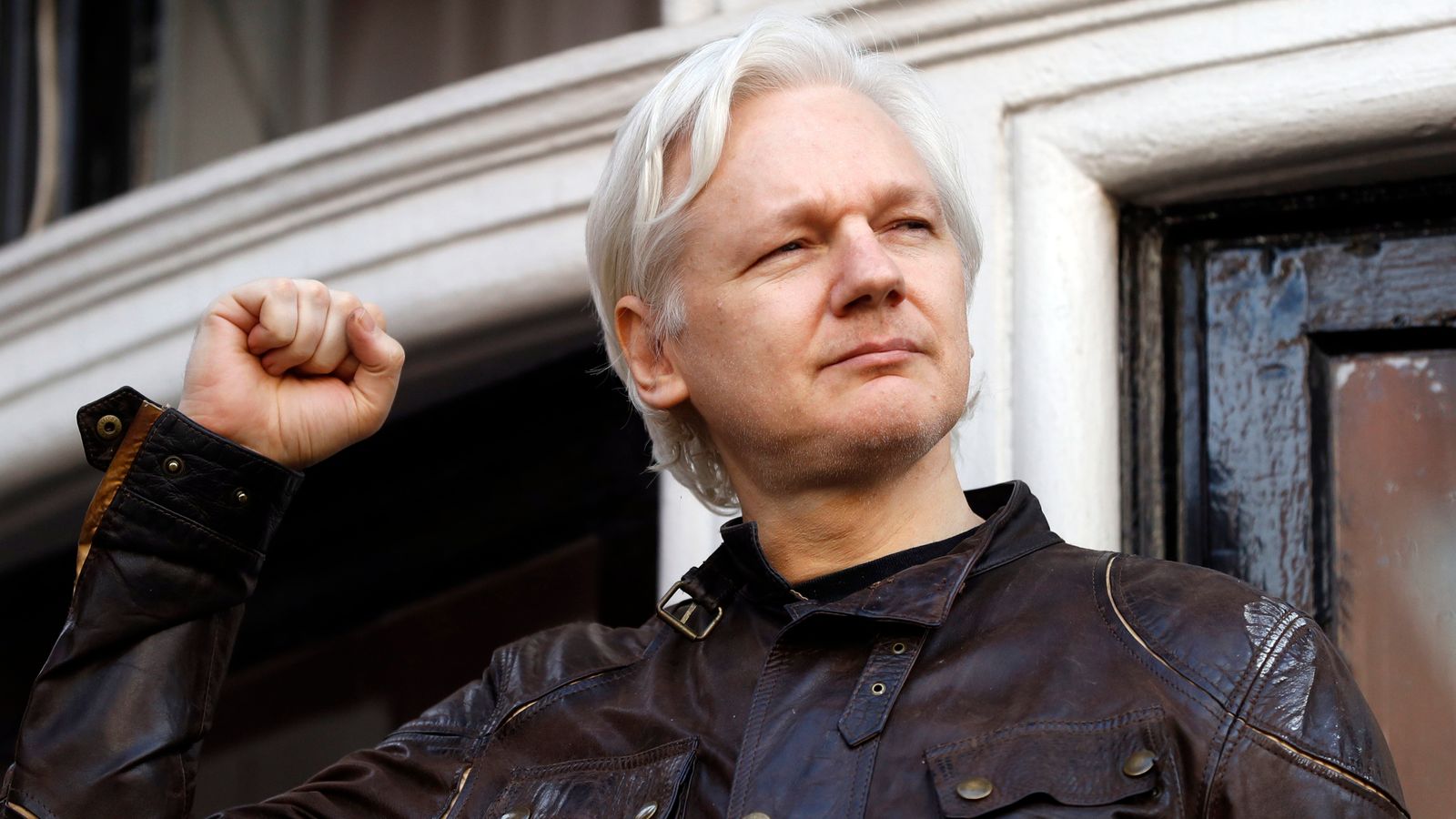

Today is Julian Assange’s last chance to stop UK officials extraditing him to the US.
It has been almost 12 years since the WikiLeaks founder, now 52, stepped into the Ecuadorian embassy in London to evade arrest.
Over the next two days, the High Court will hear his final appeal against being sent to the US, where he faces charges for helping former military analyst Chelsea Manning download top secret intelligence files that WikiLeaks published online.
Assange‘s wife says he will “die” if he’s extradited. His legal team has also promised to lodge a final appeal at the European Court of Human Rights if this week’s attempt fails.
What did WikiLeaks do – and how was Assange involved?
In 2010 and 2011 WikiLeaks published hundreds of thousands of US military and diplomatic documents about the wars in Iraq and Afghanistan.
It has repeatedly been described as “one of the largest compromises of classified information in the history of the United States”.
Prosecutors, politicians, and the intelligence community say the disclosure endangered the lives of agents working in the field, but WikiLeaks supporters claim it helped expose alleged wrongdoing by the US.
The leaked documents came from Chelsea Manning, who was working as an analyst for the US military in Iraq at the time.
Advertisement
She was then known as Private Bradley Manning, but now identifies as a woman having transitioned in prison.

According to the indictment, Manning “downloaded four nearly complete databases from departments and agencies of the US”.
They contained “approximately 90,000 Afghan war-related significant activity reports, 400,000 Iraq war-related significant activities reports, 800 Guantanamo Bay detainee assessment briefs, and 250,000 US Department of State cables”.
Among the 750,000 published WikiLeaks documents was a video from 2007 showing a US helicopter firing on a group of civilians in Baghdad. The attack killed 12 people, including two wounded children and two Reuters photographers.
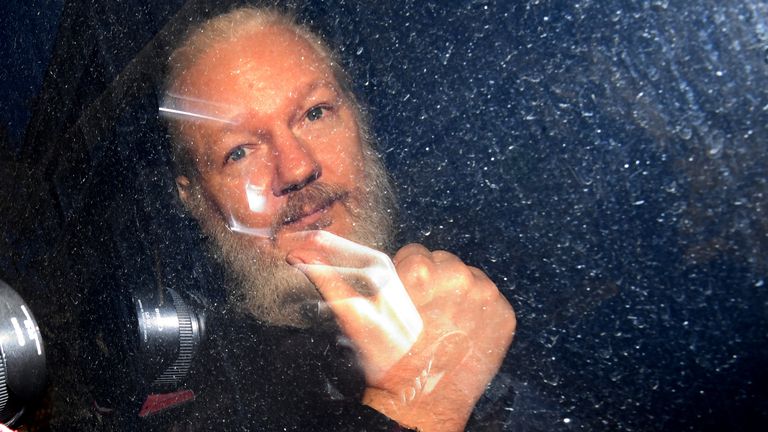
Read more:
Fugitive or hero? A timeline of Assange’s legal fight
Government approves Assange extradition order
Acid to destroy expensive art if Assange dies in prison
According to the indictment, around 7 March 2010, Manning and Assange discussed the value of Guantanamo Bay detainee assessment briefs.
Prosecutors say they have court documents that prove Manning said she was “throwing everything [she had] on JTF [joint task force] GTMO [Guantanamo Bay] at [Assange] now”.
The papers say she later told Assange: “After this upload, that’s all I really have got left,” to which Assange replied: “Curious eyes never run dry in my experience”.
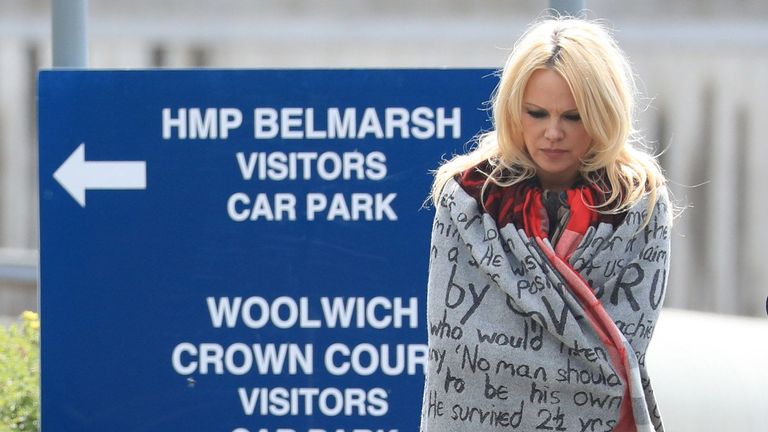
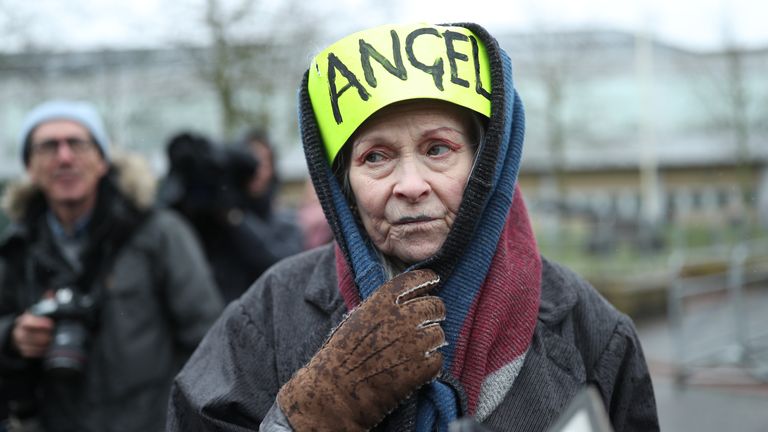
The following day, the indictment alleges Assange “agreed to assist Manning in cracking a password stored on US Department of Defence computers… connected to the secret internet protocol”.
“Manning was able to log onto the computers under a username that didn’t belong to her,” the indictment reads, adding that Assange provided special software to hack the system.
“Manning then used the computer to download everything WikiLeaks later published,” the indictment concludes, between 28 March and 9 April.

Manning was arrested, tried by court-martial, and later convicted of various espionage offences in 2013, and was sentenced to 35 years in prison.
Days before he left office in 2017, President Barack Obama reduced her sentence and she was released.
But she was jailed again in 2019 after refusing to give evidence to a grand jury investigation into WikiLeaks and its involvement in the 2016 US election.
US officials have said there was Russian interference in the vote, but Assange has never been charged in relation to that allegation.
WikiLeaks published emails hacked from Hillary Clinton’s presidential campaign, which resulted in the Democrats suing the website, alongside the Russian state, and Donald Trump’s 2016 campaign team.
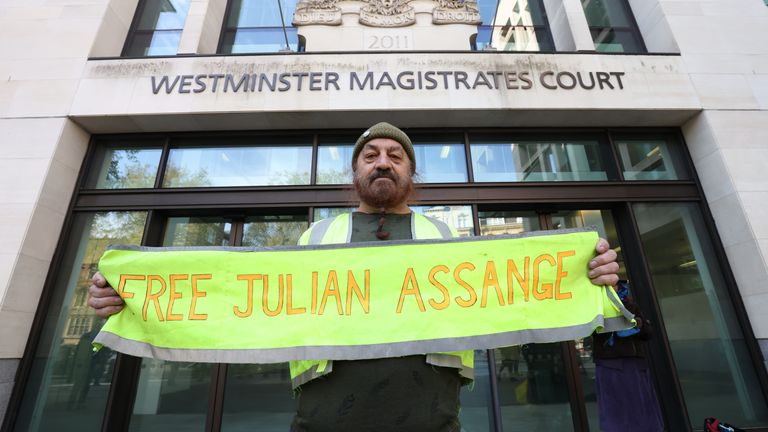
What is he charged with?
When Assange was arrested inside the Ecuadorian embassy in May 2019, the US indictment against him was unsealed, revealing a single charge of “conspiracy to commit computer intrusion”.
This was expanded later that month to include 17 new charges under the US Espionage Act, including conspiracy to obtain and disclose national defence information, conspiracy to commit computer intrusions, obtaining national defence information, and disclosure of national defence information.
The indictment was issued by the Eastern District of Virginia and would mean a total sentence of 170 years in prison, if he was found guilty on all charges.
In June 2020, a US grand jury ruled to “broaden the scope” of Assange’s alleged computer intrusions to claims he worked with hackers to help illegally obtain information for WikiLeaks.

How has he avoided extradition so far?
Assange’s political asylum in London dates back to a 2010 Swedish arrest warrant for alleged rape charges.
He took shelter in the embassy after failing to appeal extradition to Sweden, fearing the US was planning charges against him and that he may be sent there after a sentence in the Scandinavian nation.
Assange was inside the embassy for seven years, in which time the Swedish case expired, but the US began compiling its own case.
Eventually the Foreign Office accused Ecuador of preventing the proper course of justice and the South American nation withdrew its asylum offer, paving the way for Assange to be removed from the embassy and arrested in 2019.
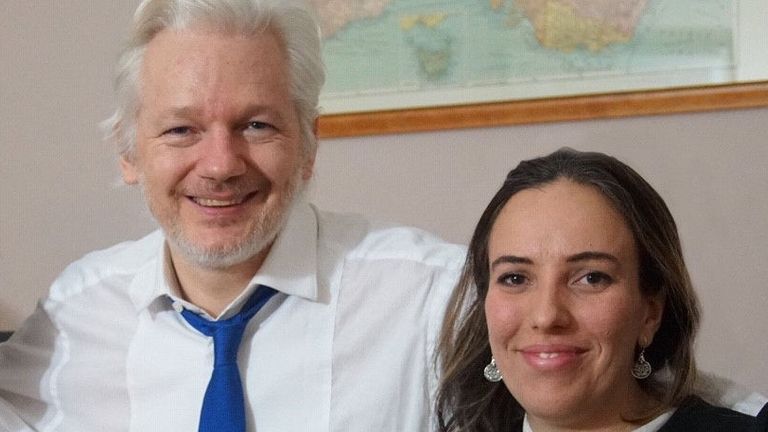
Since then, he has been held at Belmarsh maximum security prison in south London.
In January 2021 a judge ruled he could not be extradited due to his risk of suicide in a US jail. But the decision was later overturned after the US gave additional assurances.
This week is the final stage of the UK appeals process.
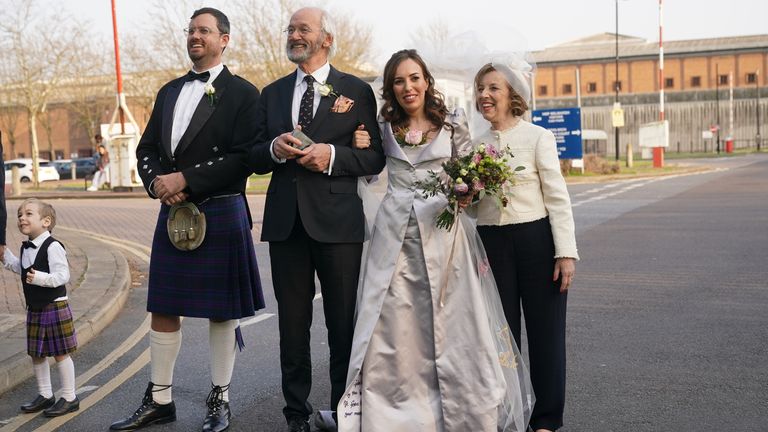
Ahead of the hearing, his wife Stella Assange, who he married while at Belmarsh in March 2022, said: “His health is in decline, physically and mentally.
“His life is at risk every single day he stays in prison – and if he is extradited he will die.”
Assange’s native Australia has tried to intervene in the case, but without success so far.